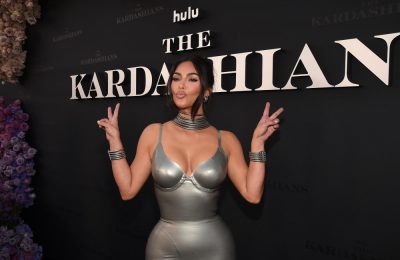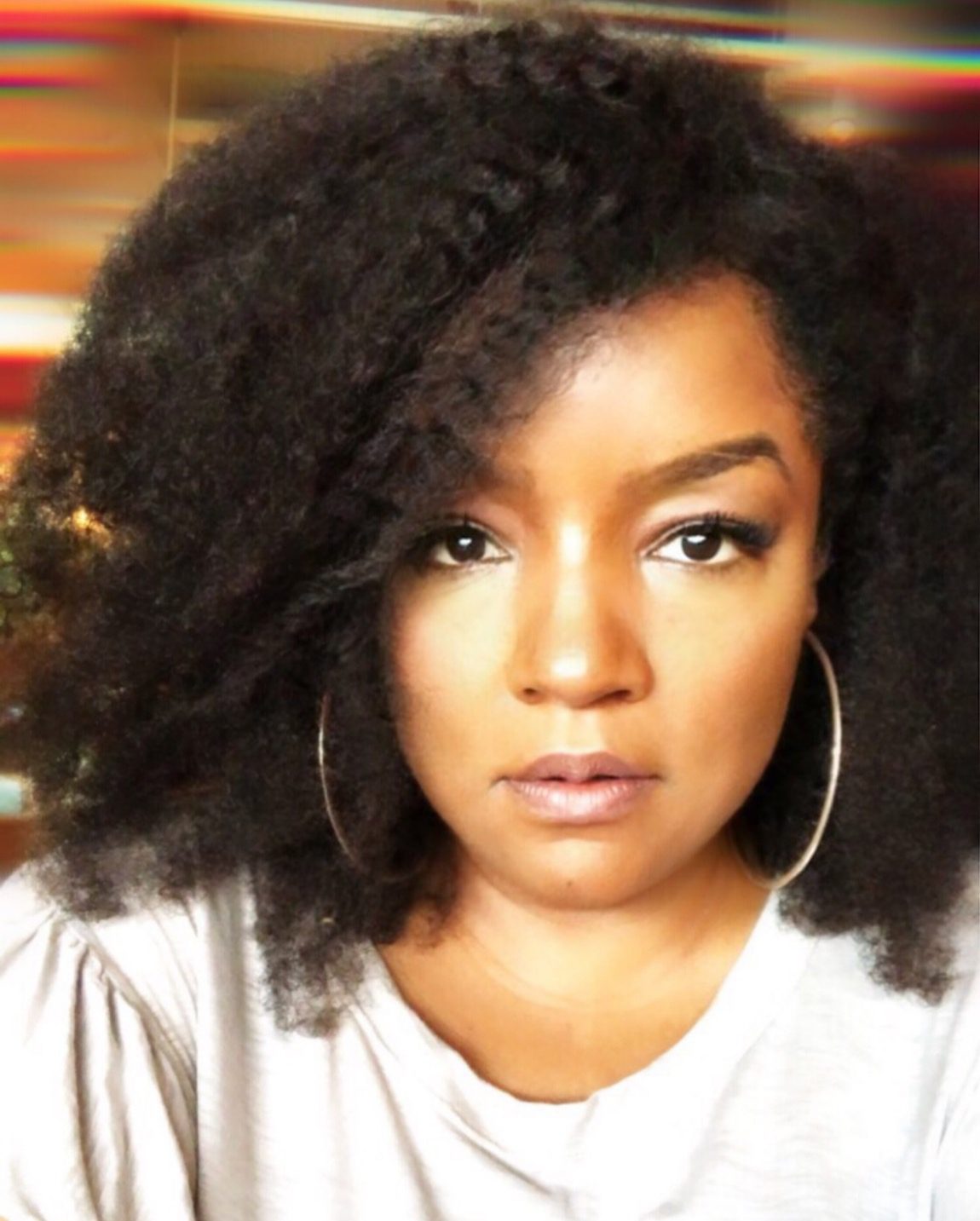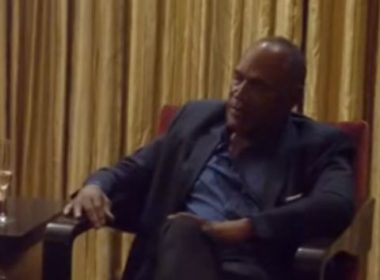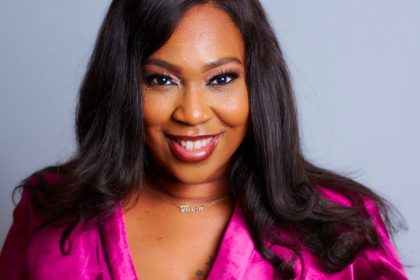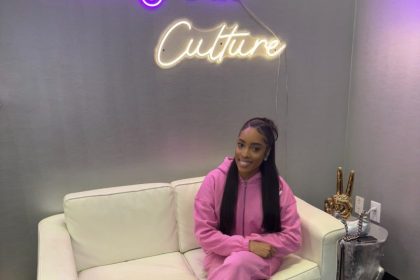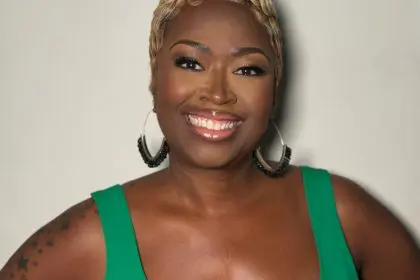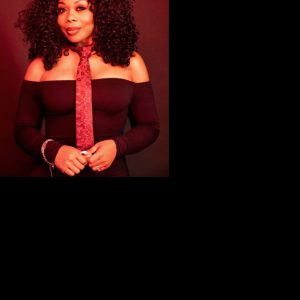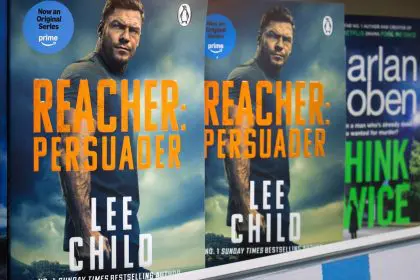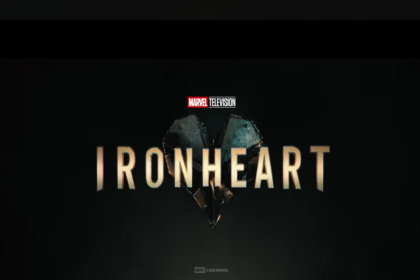Public relations professionals have long embraced the idea that public perception is more important than actual truth. The way the public perceives something can often be the exact opposite of the real facts, but public perception has a way of outweighing and eventually eclipsing the truth. Few examples highlight offer a better case study of this behavior than FX’s adaptation of “American Crime Story: The People vs. O.J. Simpson.”
In episode four titled “100% Not Guilty,” we see how public perception worked to cloud the facts and real evidence surrounding one of the most controversial murder trials in history. The trial pitted state prosecutors Marcia Clark and Christopher Darden against Simpson’s legal defense team consisting of Robert Shapiro, Johnny Cochran and Robert Kardashian. Clark and Darden were attacked by the public for their less than polished exteriors. During focus groups for jury selection, Clark was constantly referred to as a b—h, and not relatable. Women didn’t like her hair, and she was instructed to wear dresses instead of pantsuits to seem more feminine and “likable.” Darden suffered from razor bumps and often looked disheveled; viewers labeled him angry and resentful. Simpson’s team on the other hand, was the exact opposite of the prosecuting attorneys. Lead by the debonair Robert (Bob) Shapiro, the defense was as high brow as their client. Robert Kardashian (father of the famous Kardashians) was well-heeled and handsome and the star of the defense; Johnnie Cochran was as flashy as an A-list actor and as motivational as the silver-tongued Jesse Jackson. While the defense was certainly more primped and polished, it wasn’t a fair comparison as the defense team consisted of high-powered wealthy attorneys with thriving practices filled with affluent clientele, while the prosecution consisted of state employees.
Everyone knows the outcome of the trial of the century, but we will never know the true degree of influence public perception had on the jury. Was O.J.Simpson able to escape a murder conviction based on the fact that he was a good-looking ex-football player with an all-star team of privileged and likable attorneys? Some would say that’s exactly what happened. Others would be more objective, but few would deny these intangible variables didn’t have an effect on the jury’s final verdict. From a racist cop pegged as an accomplice, to an overzealous prosecution to the carefully orchestrated theatrical speeches delivered to oratorical perfection by Cochran, and sadly to the victims’ families that often didn’t receive high sympathy marks from viewers, and lastly, realizing that the word most women quoted in reference to Simpson while on trial was “handsome”; there were definitely underlying factors that affected the outcome of the O.J. Simpson trial. What makes this case such a great example is that it displays the many variables that go into how we form opinions of others. Everyone should be innocent until proven guilty, however, there are so many factors that go into how we perceive and judge others, it’s almost unrealistic to assume the justice system can cut through the bias that is public perception.

